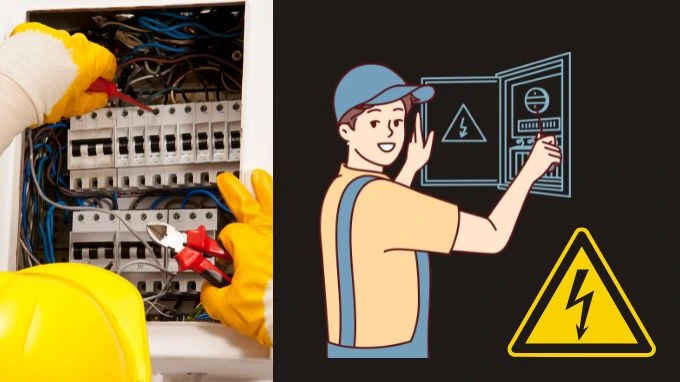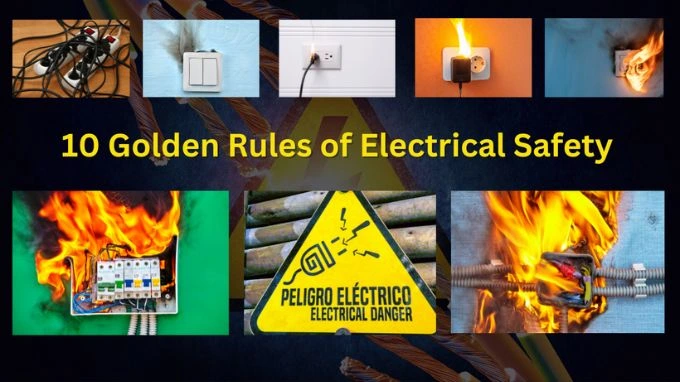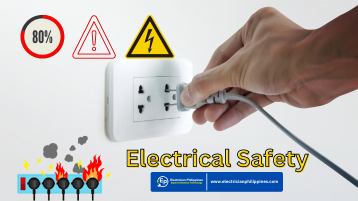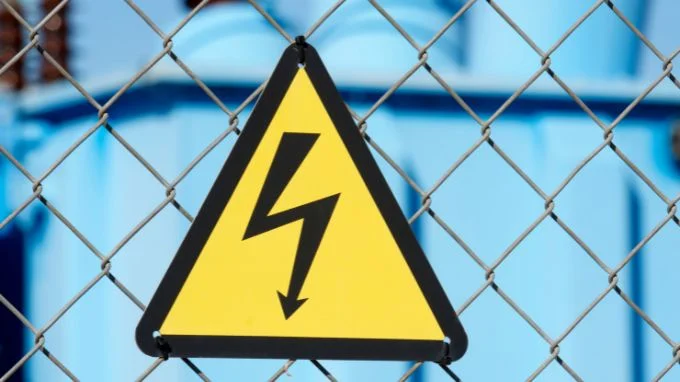The Philippine Electrical Code, often referred to as the PEC, is a comprehensive set of guidelines and regulations that govern electrical installations and systems in the Philippines. Developed by the Institute of Integrated Electrical Engineers of the Philippines (IIEE) in collaboration with various government agencies, the PEC plays a crucial role in ensuring the safety, reliability, and efficiency of electrical infrastructure in the country.
In this article, we will explore the significance of following the Philippine Electrical Code and its impact on safety, reliability, and compliance in electrical installations.
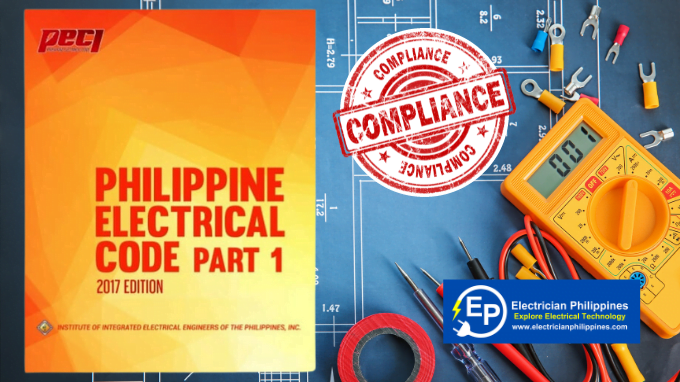
Ensuring Electrical Safety
One of the primary objectives of the Philippine Electrical Code is to safeguard lives and property by setting strict safety standards for electrical installations. Electrical accidents can result in fires, electrocutions, and other hazardous incidents that can have devastating consequences. By adhering to the PEC, electricians and engineers are required to follow safety protocols that reduce the risk of accidents.
The PEC outlines proper grounding and bonding techniques, appropriate wire sizing, and safe installation practices, all of which are designed to minimize the potential for electrical hazards. Compliance with these guidelines helps protect not only the professionals working with electricity but also the general public.
Preventing Electrical Fires
Electrical fires are a significant concern in the Philippines and worldwide. Faulty electrical installations or substandard practices can lead to short circuits, overloads, and overheating, resulting in fires that cause loss of life and property. The PEC provides specific guidelines to prevent such incidents.
By adhering to the PEC’s regulations on circuit design, overcurrent protection, and equipment installation, electrical engineers and contractors can significantly reduce the risk of electrical fires. These guidelines are continuously updated to keep pace with technological advancements, ensuring that electrical systems remain safe and reliable.
Ensuring Electrical Systems Reliability
Reliable electrical systems are essential for the functioning of homes, businesses, and industries. Disruptions in power supply can lead to inconvenience, financial losses, and damage to electrical equipment. The PEC sets standards for quality and reliability in electrical installations, aiming to minimize downtime and ensure consistent power supply.
By following the PEC, electrical professionals can design and install systems that are less likely to experience outages or electrical faults. This reliability is particularly critical in sectors such as healthcare, manufacturing, and data centers, where even brief power interruptions can have serious consequences.
Legal and Insurance Requirements
In the Philippines, compliance with the Philippine Electrical Code is not just a matter of best practice; it is a legal requirement. This means that electrical professionals, property owners, and businesses must follow the code to avoid legal issues and ensure that their installations are safe and reliable. Building codes and regulations across the country mandate adherence to the PEC for any electrical installation. Failure to comply can lead to legal consequences, including fines and the denial of occupancy permits.
Insurance companies often require policyholders to comply with the PEC. Non-compliance can lead to claim denials in the event of electrical-related accidents or property damage. Following the code not only ensures safety but also protects your investments and assets by maintaining insurance coverage.
Professional Responsibility
Electrical engineers, electricians, and contractors have a professional responsibility to adhere to the PEC. Doing so demonstrates their commitment to ensuring the safety and well-being of their clients and the public. Professional ethics and credibility are closely tied to compliance with industry standards, including the PEC.
Conclusion
The Philippine Electrical Code is more than just a set of regulations; it is a critical framework for ensuring the safety, reliability, and efficiency of electrical systems in the Philippines. Compliance with the PEC is essential not only to prevent electrical accidents and fires but also to promote energy efficiency, reduce legal and insurance risks, and enhance the overall quality of electrical installations.
Electrical professionals, from engineers to electricians, have a responsibility to stay updated with the latest PEC revisions and apply its principles in their work. By doing so, they contribute to a safer, more reliable, and sustainable electrical infrastructure for the nation, benefiting both individuals and the economy as a whole. Ultimately, following the Philippine Electrical Code is not just a legal requirement; it is a commitment to the well-being and progress of the Philippines.

